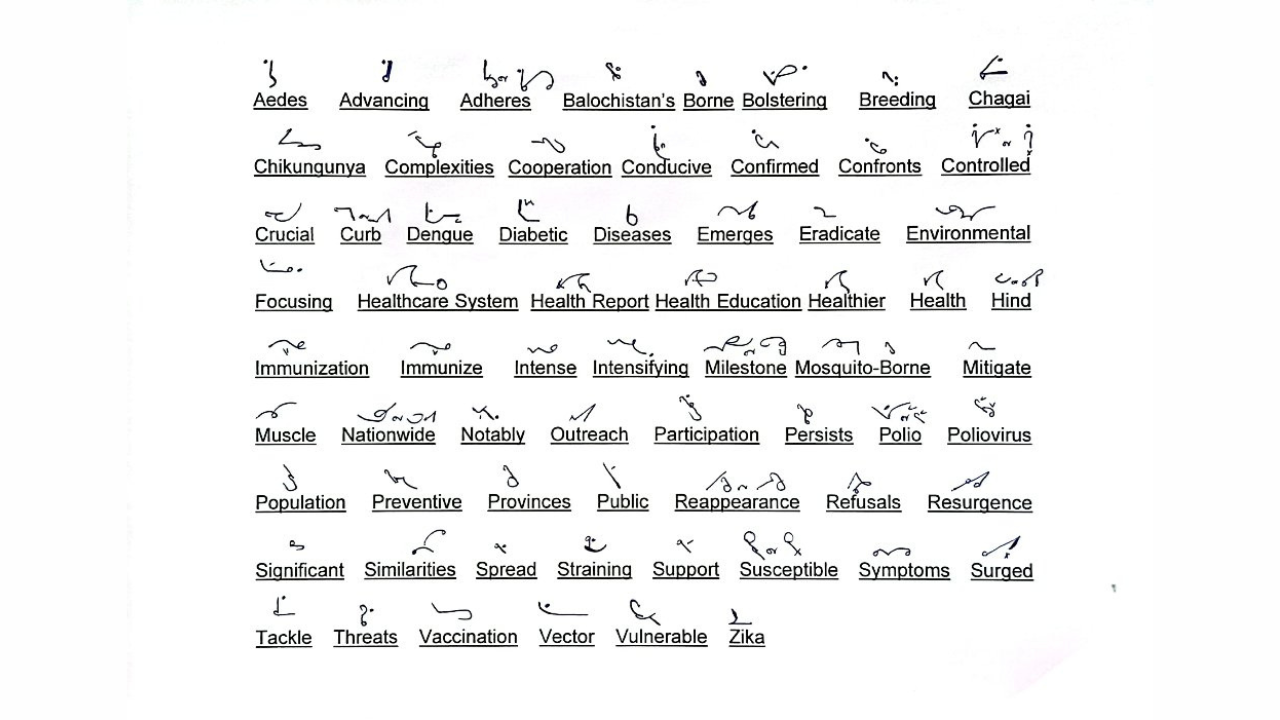As of 2024, Pakistan's polio cases have surged, with 43 confirmed cases across various provinces, raising concerns about the nation's fight against poliovirus. The latest case, confirmed in Balochistan’s Chagai district, marks a troubling milestone in the country’s efforts to eradicate the virus, particularly as the region emerges as an area of intense poliovirus transmission.
To address this resurgence, Pakistan has launched a nationwide polio vaccination campaign aiming to immunize over 45 million children. Health authorities stress that full participation is crucial to curb the spread of the virus. Officials highlight the critical role of vaccination in protecting children under five, the most vulnerable age group.
Despite strong efforts, vaccine refusals, high population movement, and access to remote areas continue to hinder Pakistan’s polio eradication program. These challenges underscore the need for more effective outreach and community support to build trust and increase immunization rates.
Pakistan remains one of only two countries where wild poliovirus transmission persists. Eradication efforts began in 1994, and though significant progress has been made, the virus’s reappearance in previously controlled areas indicates a need for sustained action and public cooperation.
While polio remains a critical health focus, Pakistan faces other emerging health threats, notably the Chikungunya virus, which has surged in Karachi. This mosquito borne virus, closely related to dengue and Zika, has seen a spike in cases this year, with 172 confirmed and 956 suspected cases reported since May 2024, straining Karachi’s healthcare system.
Transmitted by Aedes mosquitoes, Chikungunya's symptoms include fever, joint pain, muscle aches, and rash, often mistaken for dengue or Zika. These similarities in symptoms make Chikungunya challenging to diagnose, posing additional public health complexities.
According to recent health reports, elderly and diabetic patients are particularly susceptible to severe Chikungunya complications. While symptoms typically last about a week, joint pain may persist for months, impacting patient recovery and quality of life.
The IXCHIQ vaccine, effective in the U.S., has shown promise against Chikungunya. However, Pakistan adheres to W.H.O. vaccination guidelines, and without W.H.O. approval for this vaccine, preventive options remain limited in the country, focusing instead on public health education and vector control.
Experts link Karachi's Chikungunya spike to rising temperatures and environmental factors conducive to mosquito breeding. With changing climates intensifying these conditions, Pakistan confronts a broader public health challenge, requiring adaptive strategies to mitigate vector-borne diseases.
Health officials urge national cooperation, calling on citizens to support vaccination drives and preventive measures against Chikungunya. By bolstering community support and increasing awareness, Pakistan can better tackle the dual challenges posed by polio and Chikungunya, advancing its path toward a healthier future.

